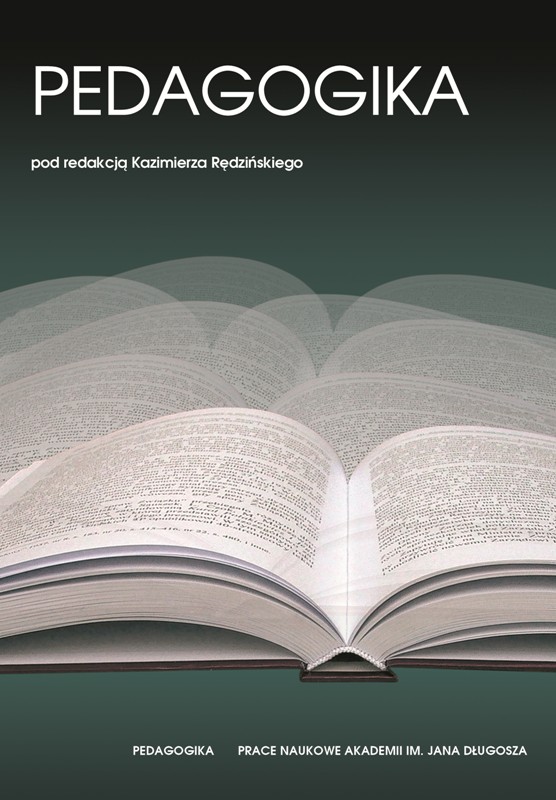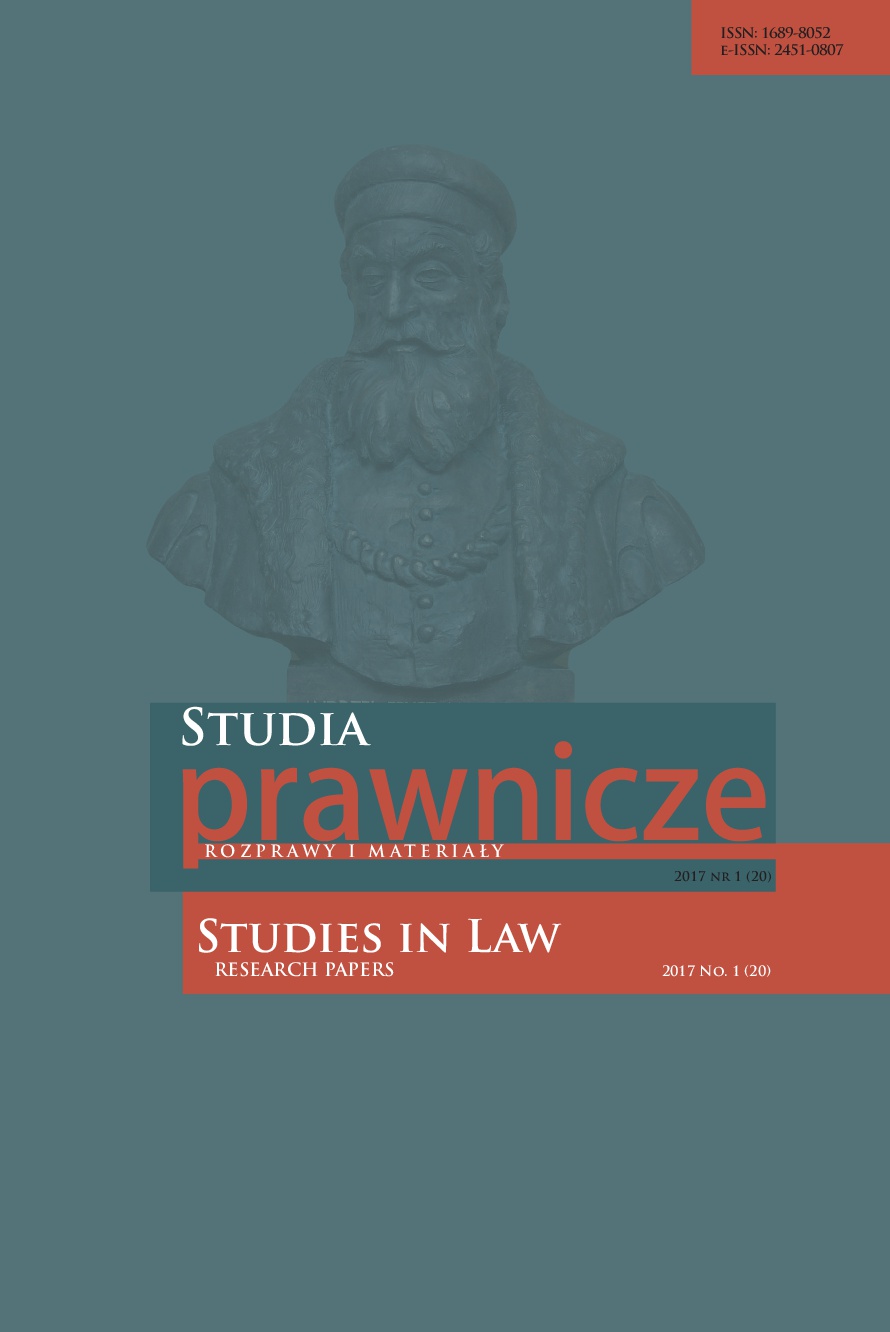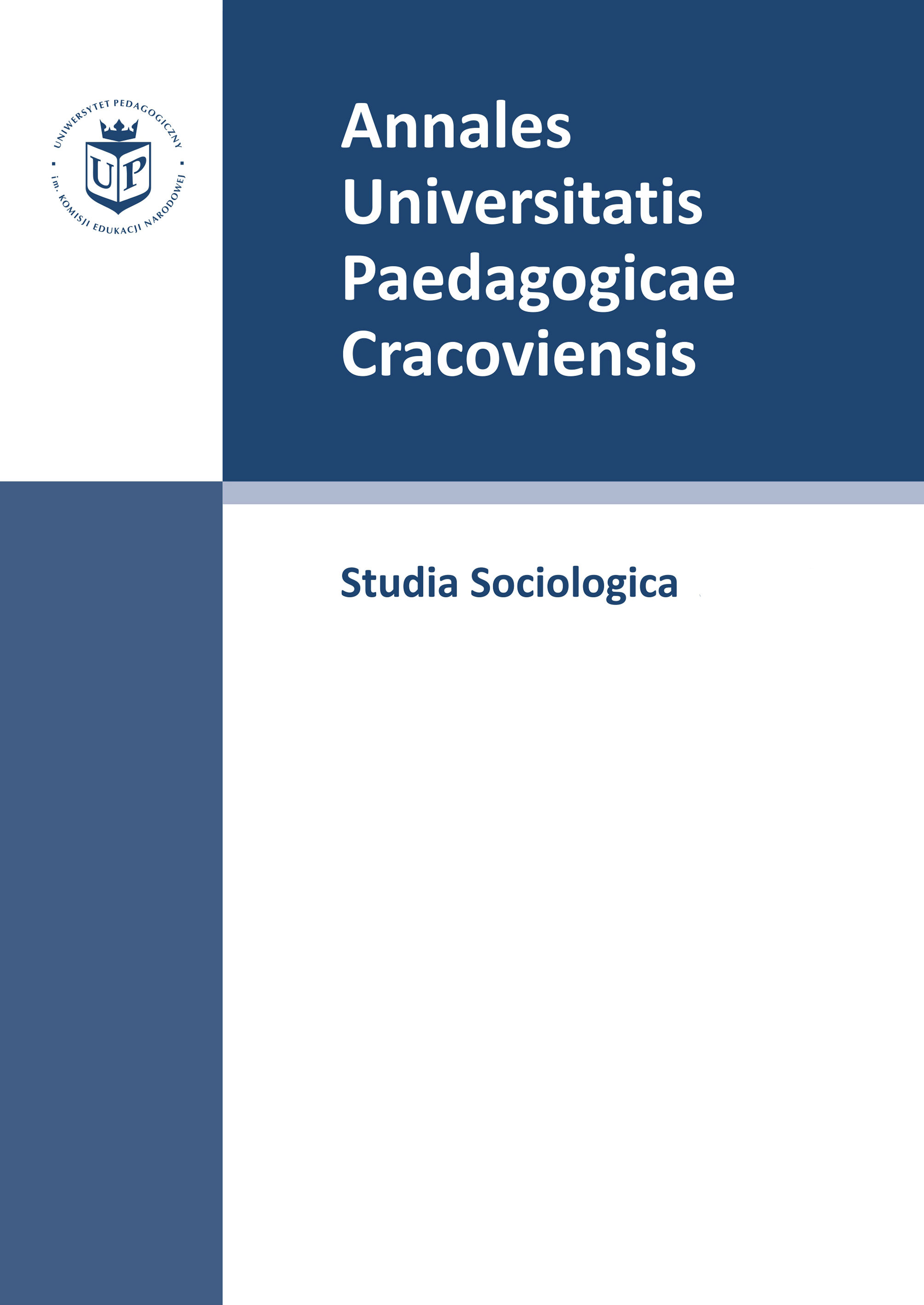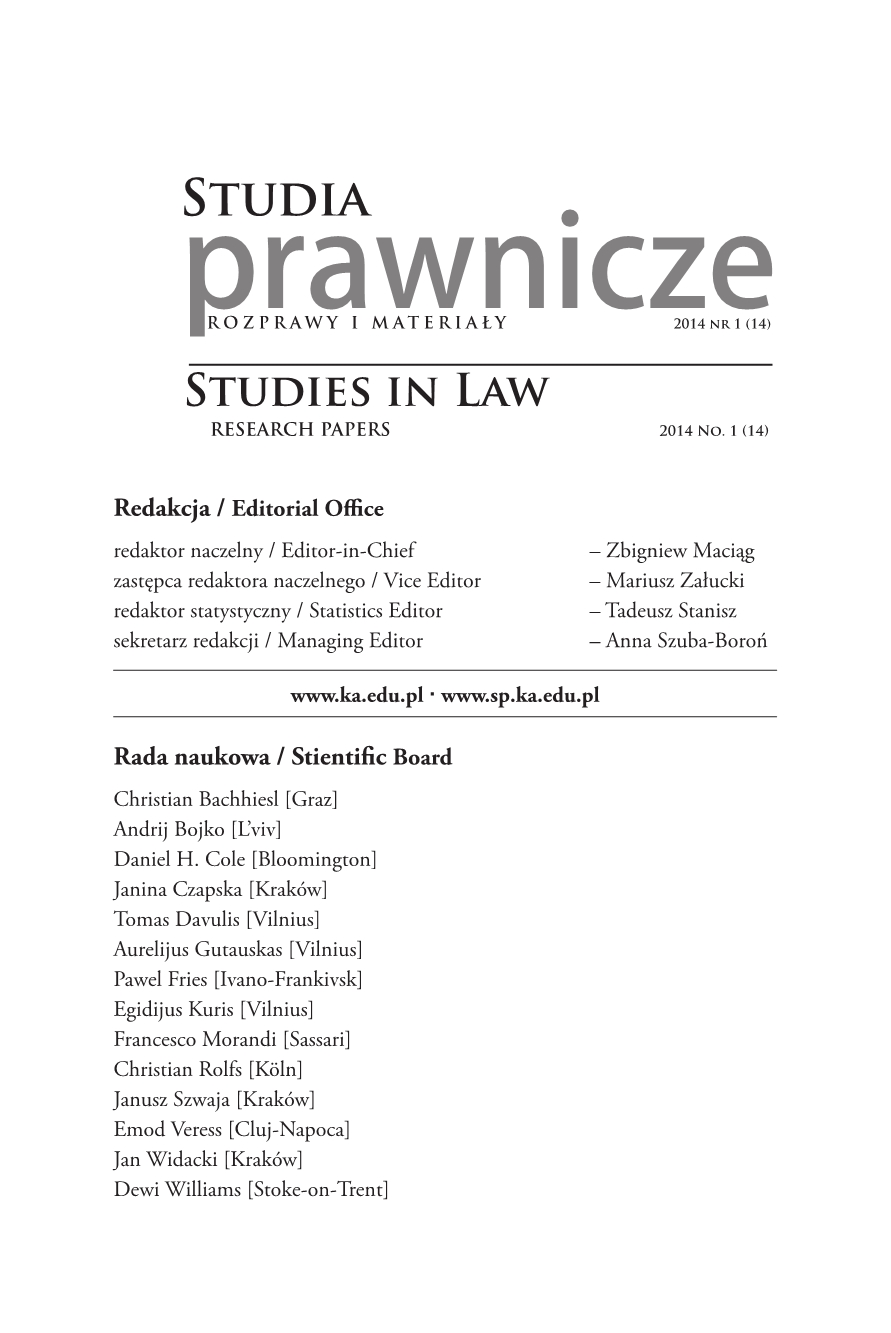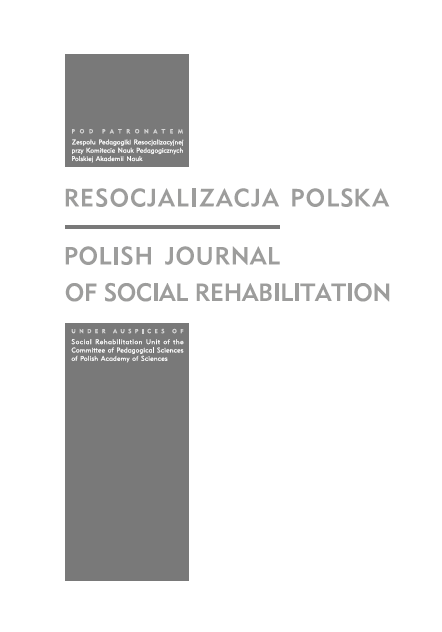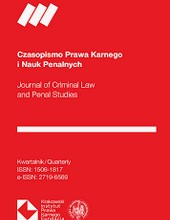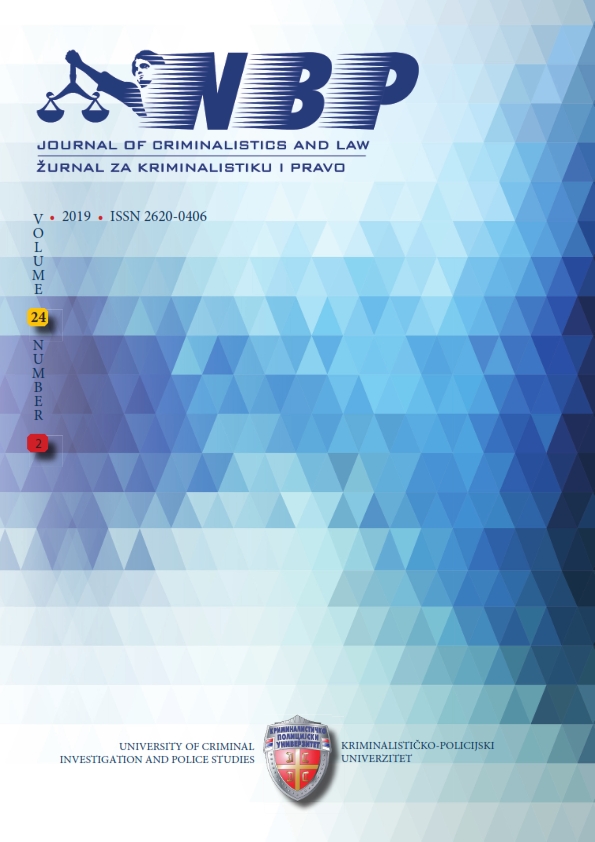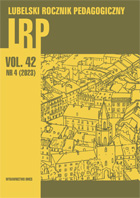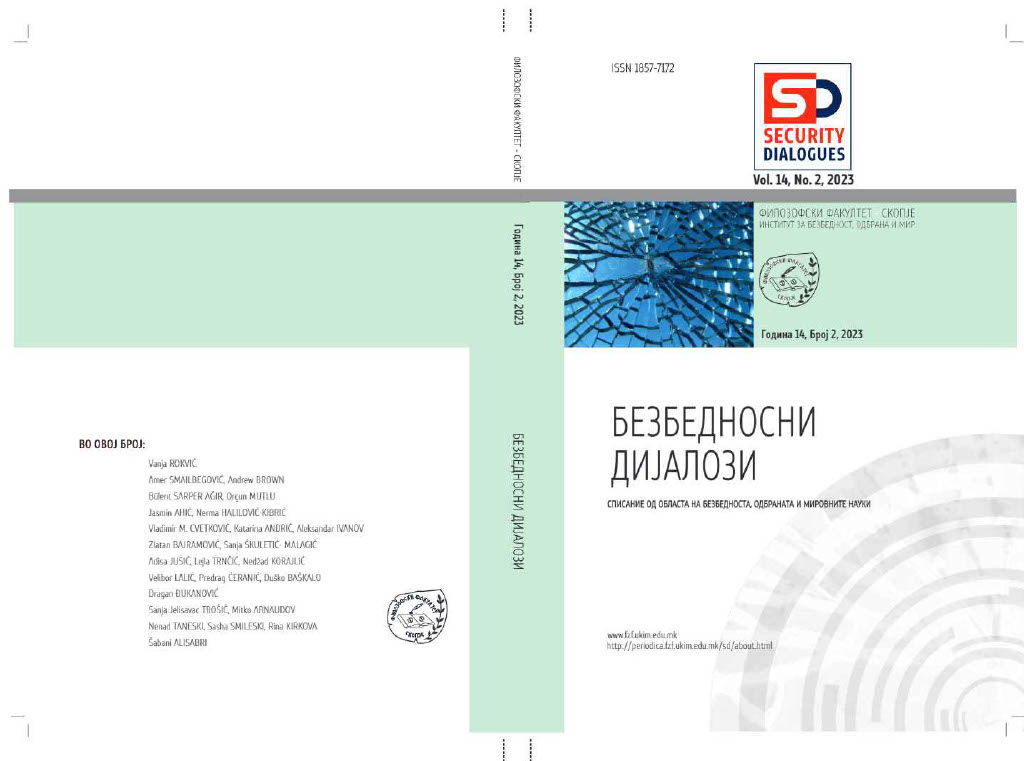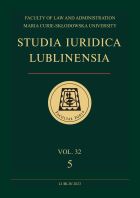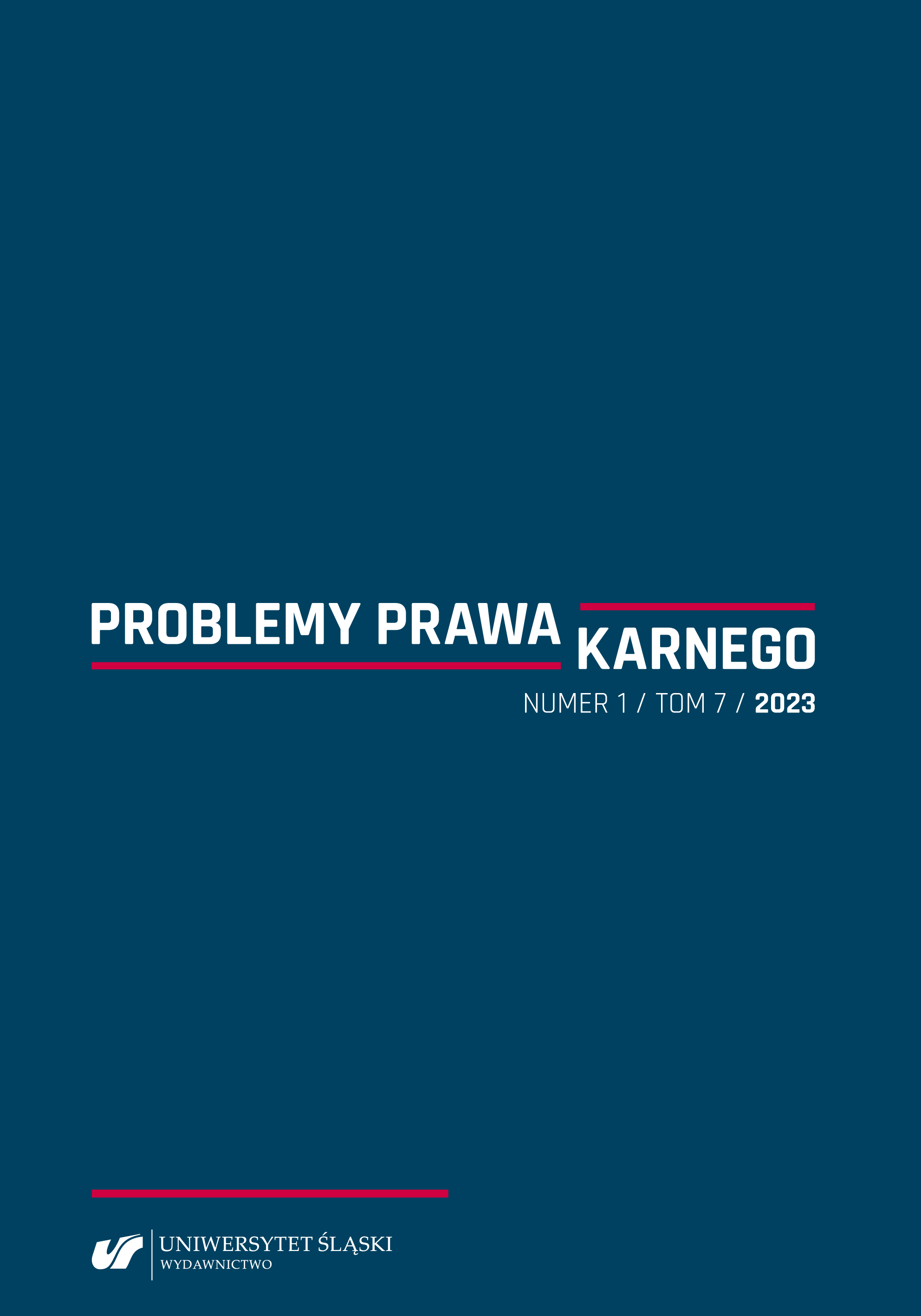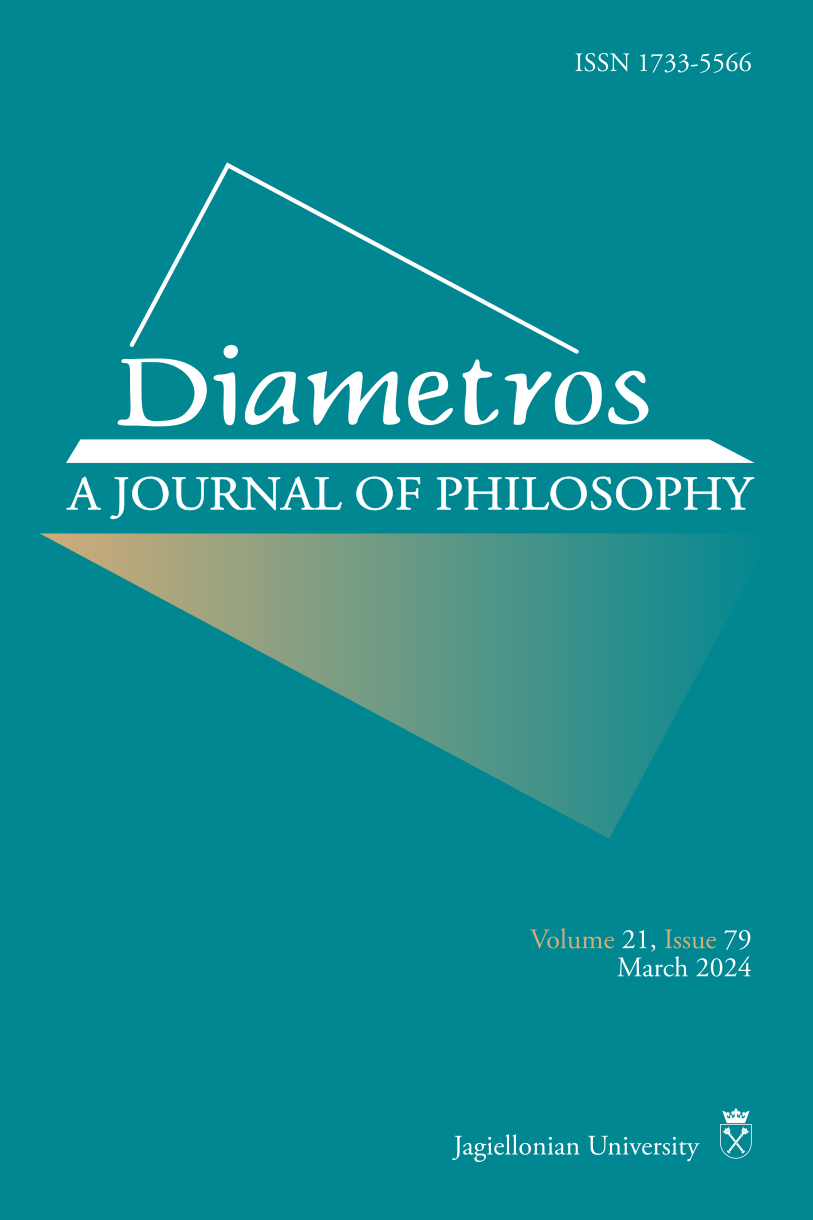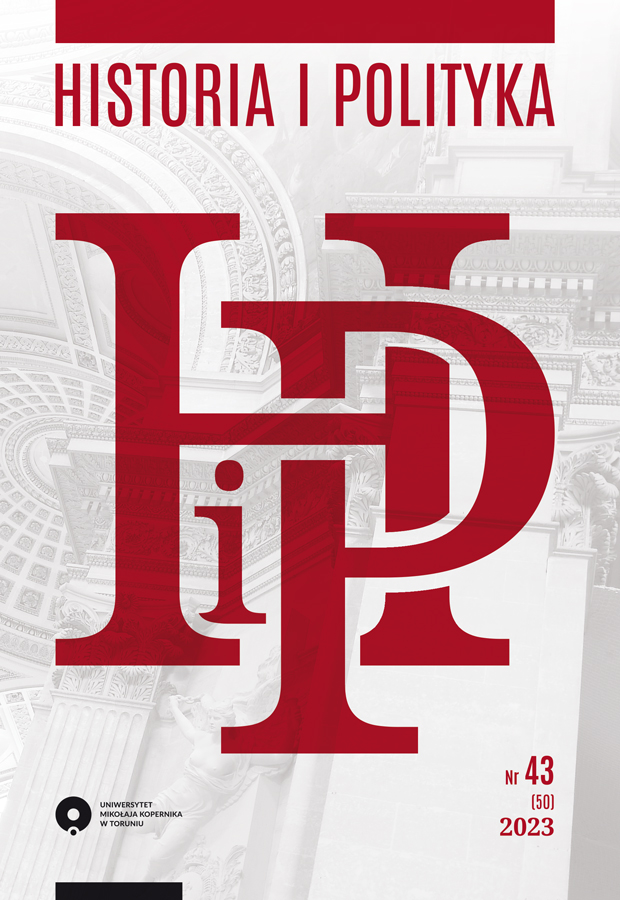Author(s): Anna Golonka / Language(s): Polish
Issue: 1/2017
Summing up the above remarks, made on the basis of the confluence of grounds justifying a more benign treatment of the perpetrator of the murder committed in the affection, it should be noted in the first place that the extraordinary mitigation of punishment, referred to in art. 31 § 2 k.k. is optional, and therefore its application in concreto should take into account the principles and directives of the penalties provided for, in particular, in Article 53 k.k. In any case, this institution, of a unique nature, cannot be reduced to the principle, but this does not change the fact that one of the reasons for the court's decision on the application of such a leniency will occur in every case. As it should be assumed, the limitation of the ability to recognize the significance of an act or direct its behavior by the perpetrator of a crime will affect the reduced level of denunciation. This, however, cannot be ignored in the context of the resolution of the sentence. A much more complex and controversial issue, however, turns out to be a coincidence of possible grounds justifying the milder responsibility of the perpetrator of the murder. It results from the possible overlap of reasons justifying the assumption that the perpetrator of the murder had tempore criminis limited to a large extent the ability to recognize the meaning of an act or direct its actions, justifying on the basis of art. 31 § 2 k.k. optional extraordinary mitigation of punishment, with the state of strong agitation, referred to in art. 148 § 4 k.k. In the latter case, a gentler treatment of the perpetrator, within the limits of the ordinary sentence, is dictated by the circumstances in which the act of the perpetrator is carried out. A state of strong agitation is one of the conditions justifying liability under this provision, but not the only one. The so-called. Physiological affect, regardless of the strength and character in which it is lived, is not sufficient for the assignment of the perpetrator of liability under Article. 148 § 4 k.k. However, in those situations in which broadly perceived disturbances of psychological activities in the murderer's affliction will lead to affective disorders, in the light of expert psychiatrists' opinions, it is assumed that the act of recognizing the significance of an act or directing it was largely limited during the act. , it is necessary to exercise caution and caution in assessing the appropriateness of simultaneously killing as committed in an affection, i.e. based on art. 148 § 4 k.k. Of course, it is impossible to a priori exclude this possibility. It appears when the state of strong agitation arises against the background of the demolition, which results in the reduction of the assassin offender's responsibilities to a large extent. If such a disorder was only one of the elements influencing the state of strong agitation under which the murder is committed, and this act is justified in the circumstances of the case, then it would be impossible to treat such a person differently from any other perpetrator of the murder committed in the affection, refusing to give her the "benefits" that the law binds to this type of prohibited act. On the other hand, disturbances leading to the actual limitation of a significant degree of the ability to recognize the meaning of an act or direct one's conduct should then find reflection on the level related to legal qualification by the Article also referred to in art. 31 § 2 k.k. As to the legitimacy of assuming that the murder was committed under the influence of a state of intense agitation, especially in all cases that are doubtful as to the psychological state of the perpetrator, should be heard by proficient psychiatrists. In such a situation, they should also give an opinion on the nature of the mental disorder (especially on the affective disorder), as well as the intensity with which it affected the outburst of emotions and the murder committed under his influence. It acquires even greater importance in those situations where, in the court's opinion, the requirement to consider the act of the perpetrator to be justified in the light of the circumstances of the case is met.
More...
